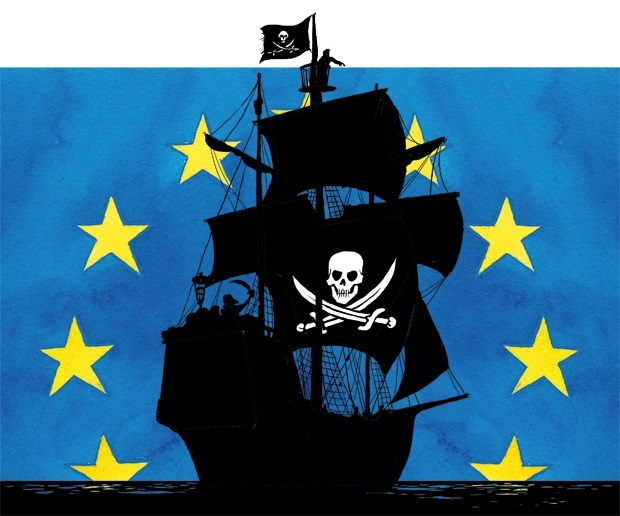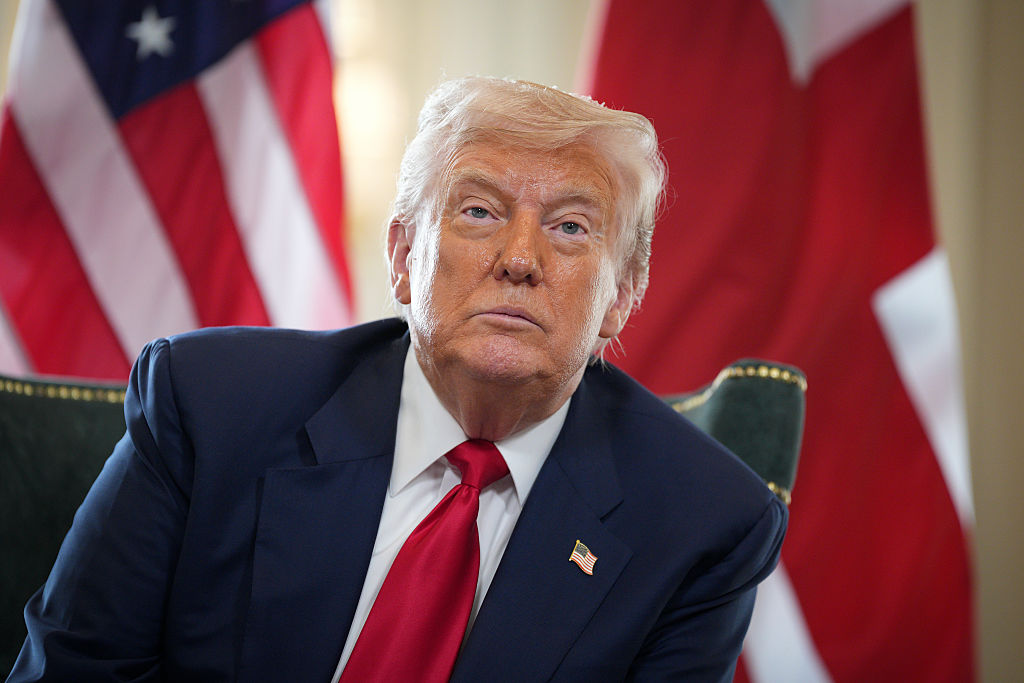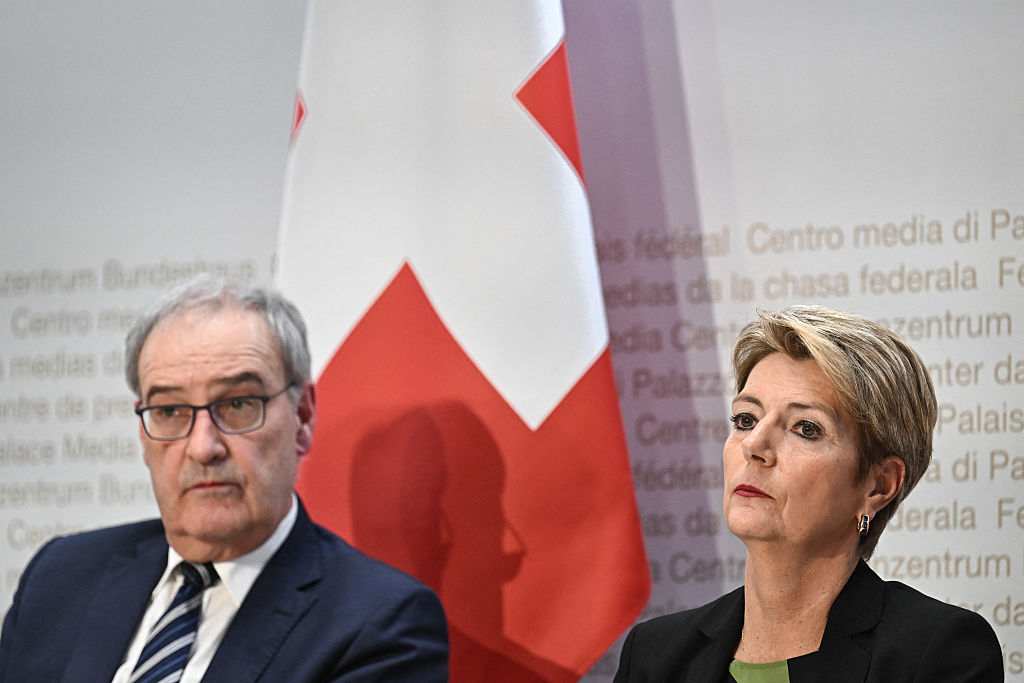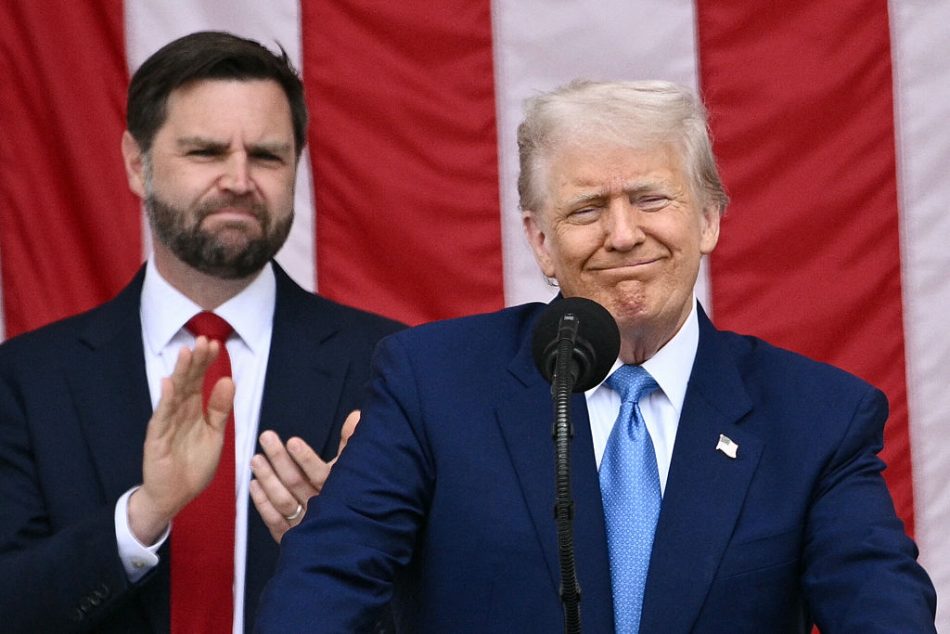Moldovans have voted “yes” by a wafer-thin majority to joining the European Union in a referendum that was held amid “unprecedented interference” by foreign powers. That is the view of the EU, whose spokesman, Peter Stano, accused Russia and its proxies of “aiming to destabilize the democratic processes in the Republic of Moldova.”
The EU and its proxies know a thing or two about destabilizing the democratic processes. Back in 2008, when the Guardian was a broad-minded newspaper which welcomed a diversity of views, Brendan O’Neill wrote a column entitled “What part of Ireland’s ‘no’ does the EU not understand?”
The days when the EU could scold countries for destabilizing democracy are long gone
O’Neill was responding to the announcement that the EU had told Ireland’s voters that they had erred in rejecting the Lisbon Treaty in a referendum that June. A second referendum would therefore be held. As a sardonic George Galloway remarked, “and presumably another, until the Irish come up with the right answer.”
In fact a third referendum was not required. The Irish electorate did as instructed by Brussels the second time around and endorsed the Lisbon Treaty.
This treaty was the culmination of years of interference by the EU as it sought to straighten out some of the more obstreperous of its members states.
The French, for example, who in 2005 had the bare-faced cheek to vote “Non” to the European Constitution by a majority of 55 percent. The Paris political class were as embarrassed and angry as the Brussels elite — if that’s not an oxymoron — and deals were done behind closed doors.
Et voila, the European Constitution was given a makeover, emerging as the Lisbon Treaty. This time the French parliament passed it without making the mistake of giving the plebs a vote. Jean-Luc Melenchon, who quit the Socialist Party in disgust at the duplicity, has said that “Europe has been illegitimate in France since 2005,” while his right-wing rival Marine Le Pen called it “the most serious betrayal since World War Two.”
Three days after the French rejected the Constitution in a referendum, the Dutch did likewise, although by an even bigger margin of 61 percent. As the BBC reported from Holland, “a common complaint is that Brussels does not listen.”
Brussels responded to the Dutch and French referendum results by promising to embark on a “period of reflection.” The EU Commission, meanwhile, retired to a chateau in Belgium to work out how best to reconnect with the hoi polloi.
The Commission president, Jose Manuel Barroso, said it was imperative to win over citizens “by creating jobs, improving security and protecting the environment.”
How has that worked out? The Eurozone is an economic basket case, and more and more countries are electing governments outside the mainstream because of their despair and anger at the out-of-control immigration and the insecurity that often follows in its wake.
Austria is the latest example. Last month the Freedom Party won the general election with 29 percent of the vote, its anti-immigration stance in particular going down well. But this week, Austria’s president, Alexander Van der Bellen, asked the center-right People’s Party, who finished second, to hold coalition talks with the Social Democrats, who finished third. The president justified his decision by saying that no other party wanted to work with the Freedom Party so he was obliged to look elsewhere for coalitions. Herbert Kickl, the leader of the People’s Party, accused the president of breaking the “tried and tested normal processes” of Austria’s republic.
There has been no indignant statement from the EU, expressing its concern that the correct democratic process has not been followed in Austria. Nor was there at the end of last year, when something similar happened in Holland. Geert Wilders won the Dutch general election but was prevented from becoming prime minister because the losers refused to accept his victory.
In 2022 Giorgia Meloni was elected prime minister of Italy, the first woman to hold the post. Instead of celebrating this victory for the sisterhood, EU commission president Ursula von der Leyen warned Meloni that she better stick to the script because the EU has “tools” to deal with member states that go in a “difficult direction.”
Von der Leyen’s predecessor was Jean-Claude Juncker, who along with European Council President Donald Tusk — now Poland’s prime minister — poked their noses into British business in 2018. “Brexit will become a reality, with all its negative consequences, in March next year, unless there is a change of heart among our British friends,” declared Tusk, a message that was a clear call to subvert the democratic process of Brexit. “We here on the continent haven’t had a change of heart. Our hearts are still open to you.”
Juncker said he hoped these words would be “heard in London.”
The days when the EU could scold countries for destabilizing democracy are long gone, if indeed they ever existed. This is organization that bullies its smaller nations and ignores the bigger ones. It listens to none.
It is probably just as well that Moldovans voted “yes” in the referendum; if the “no” camp had won Brussels would have demanded a re-run.
This article was originally published on The Spectator’s UK website.

























